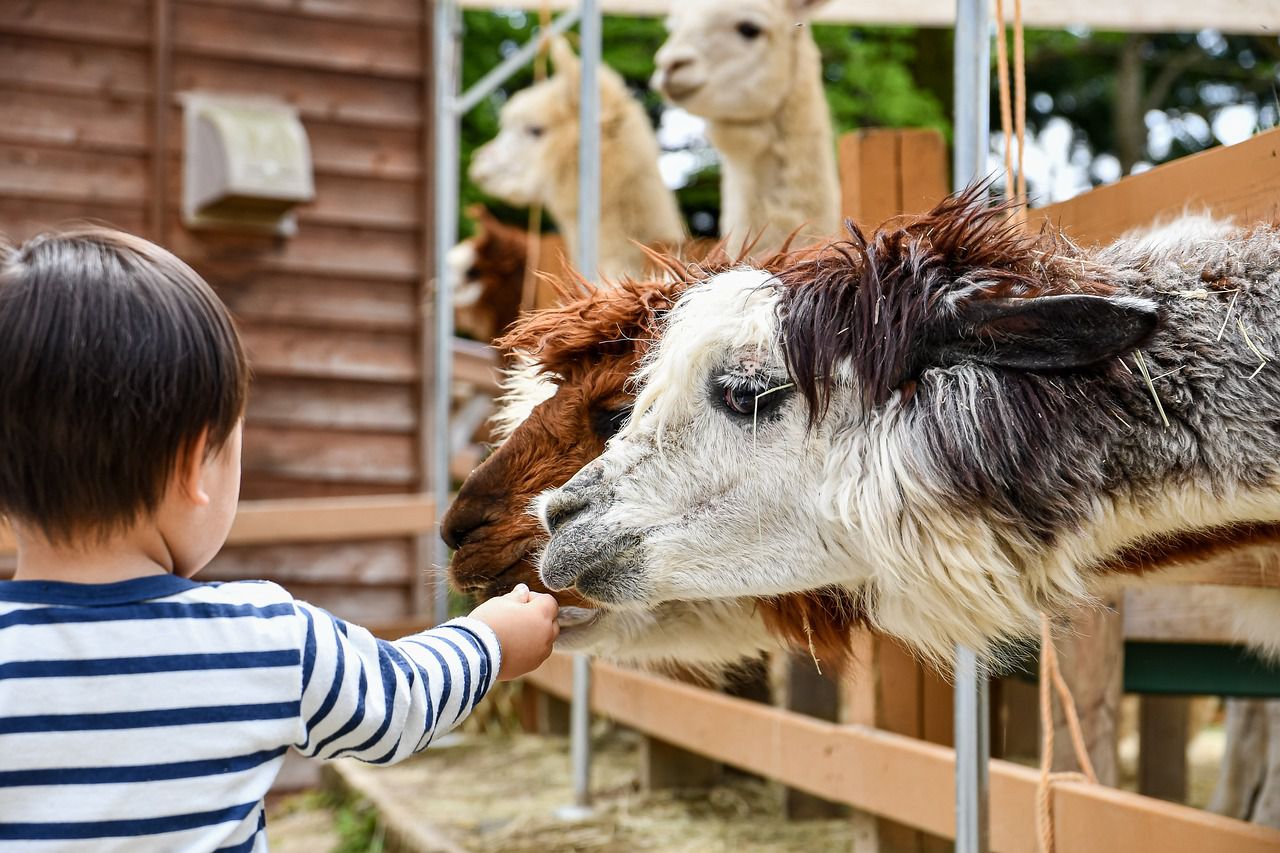Why petting zoos aren't always great: Conditions and misconceptions
Petting zoos can be enjoyable experiences for many people, especially children, as they provide opportunities to interact with and learn about various animals.
However, there are certain concerns and drawbacks associated with petting zoos that make them not always ideal.
Let's find out more.
Animal Welfare Concerns
Petting zoos may not always prioritize the well-being of the animals.
Some petting zoos may keep animals in inadequate or cramped conditions, leading to stress and health issues for the animals.

Moreover, constant handling by visitors can be stressful for certain animals, leading to behavioral problems.
Risk of Disease Transmission
Petting zoos can pose health risks as they involve close contact between animals and humans.
There is a potential for disease transmission, especially when proper hygiene measures are not strictly enforced.
Some animals, like goats and sheep, can carry harmful bacteria like E. coli.
Unsafe Handling by Visitors
Not all visitors may handle the animals gently and appropriately, which can lead to unintentional harm to the animals or even to visitors themselves.
Small children may not fully understand how to interact safely with animals, leading to accidents.
Educational Misconceptions
Some petting zoos may not provide accurate information about the animals, their natural behaviors, and their habitats.
This can perpetuate misconceptions and inaccuracies about wildlife.
Ethical Considerations
The practice of using animals for entertainment in petting zoos raises ethical questions about the appropriate treatment of animals and whether such environments are truly suitable for their needs.
